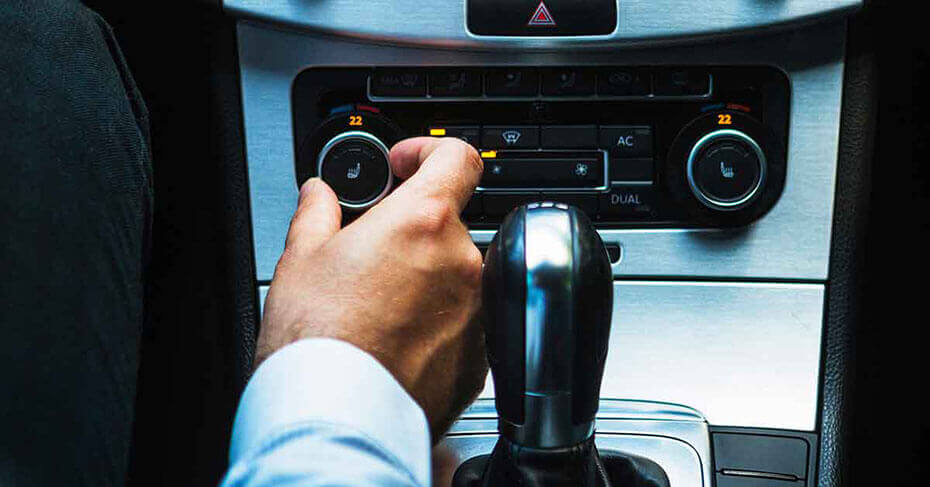
Do you know these 5 things about your car?

by Maddi Butler
According to a recent study, Americans spend an average of 18 full days in their cars every year. Despite that, and despite the time (and money) people spend choosing and maintaining their vehicles, a surprising number of people don’t know essential information about their car.
Fortunately, you don’t need to be an expert—that’s what mechanics are for—but there are a few things that you absolutely must know about your car. Here’s what they are.
Year, Make, Model
This might be the most obvious thing you can know about your car, but it can be surprisingly easy to forget the year your car was manufactured once it’s a few ears old. Just make sure to take note of this information somewhere you can easily access it.
The reason it’s important to know is for maintenance purposes. Because parts can change from year to year when a car is manufactured, you need to know the year so your mechanics can make sure they’re installing the right parts when servicing your car.
Your Car’s VIN
A car’s Vehicle Identification Number—more commonly shortened to VIN—is a unique 17-digit code. This code is used to identify a specific vehicle for things like registrations, warranty claims, recalls, and insurance coverage. You can think of it as your car’s fingerprint.
Fortunately, you don’t need to memorize all 17 digits, you just need to know where to look for them. Most manufacturers place the VIN on the driver’s side window, near where the window and dashboard meet. You may also find it inside the driver’s side door, near the door latch.
Proper Maintenance Schedule
Like humans, cars need care to keep running. Regular maintenance is the best way to ensure your car keeps running for as long as it can. However, the maintenance schedule will vary depending on the manufacturer and model. Typically, your owner’s manual will let you know how often you need to change your oil or other fluids.
Reading the Check Engine Light
Most drivers feel some panic when a new dashboard light pops on. The good news is that it doesn’t always signal your car’s imminent breakdown. Newer cars typically have a red/yellow/green system for the check engine light, with a red or blinking light signaling the most serious issues. Your owner’s manual will tell you how to interpret each of these lights, and maybe give you a little peace of mind when you see one of them flash on.
Tire Care
You might see the tire pressure symbol light up on your dashboard and think it’s okay to ignore since it’s not a serious “check engine” light. But driving with the incorrect tire pressure can be really bad for you and your car. It makes it more likely that your tires will wear out more quickly, or your car will end up with a flat or blown-out tire. All of those things are way more expensive to fix than taking a couple minutes to correct your tire pressure. Check your manual for the right settings.